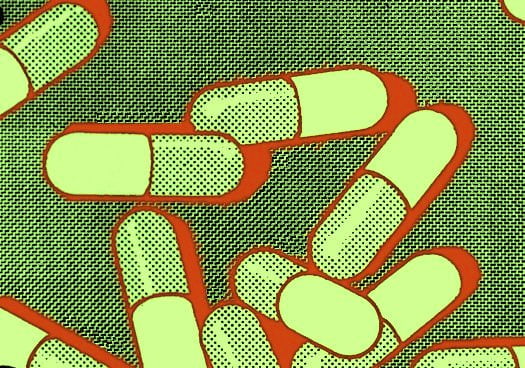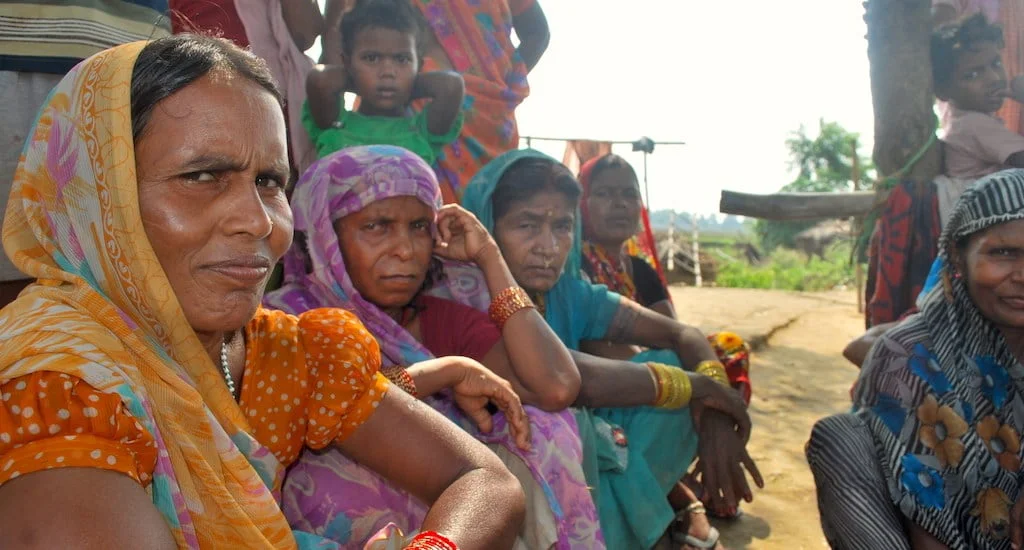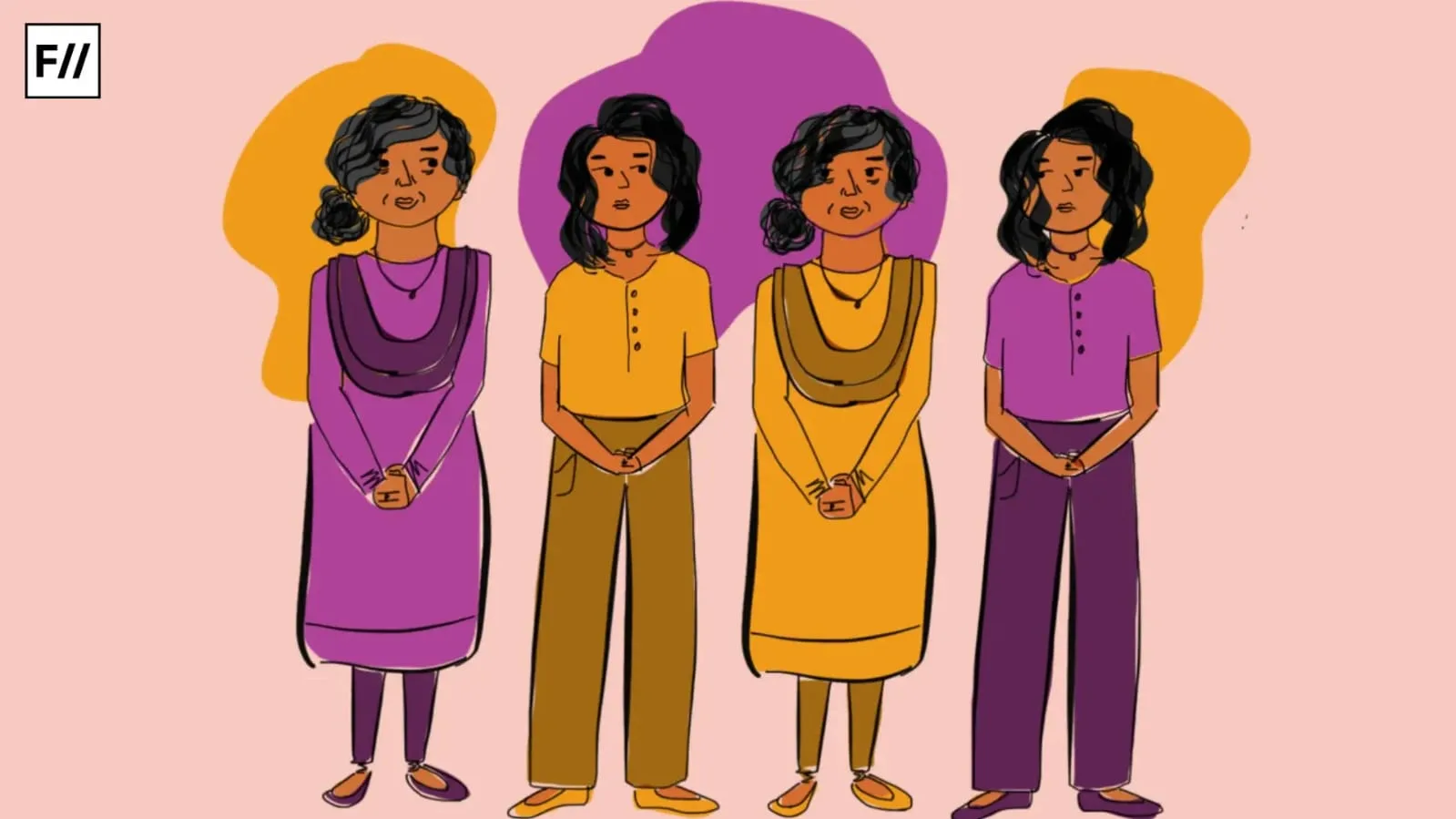“I have struggled with depression and bipolar ever since I can remember. My early twenties felt shaky and difficult. I did not arrive at the decision to take medicines easily. I had been unable to attend classes, show up to my job regularly, and crying constantly. I slept for hours and never felt rested. A visit to the mental health centre and a conversation with a kind, wise psychiatrist helped me consider it. I am pretty sure that medicines are the necessary but not sufficient reason that I am still in the world, functional.” – F*
Should I (you, or anyone) take medicines for mental illness? This is a monumental question, with no right answer. Only you as the person with the illness, the everyday reality of living with it, the person most aware of your life circumstances along with your doctor can consider the options and make that choice. I wish I could tell you something different. What I can tell you the answer is not an absolute no, as society (especially Indian society) and friends and family like to believe. People, whether they have a mental illness or not, often tend to think of medicines as an absolute no-no.
They are seen as a Western import. To me, this idea is the intellectual equivalent of chowmein or cellphones as being Western and absolutely bad. Ideas, technology, medicines, all of these start somewhere in the world and travel to different countries, adapt and become part of society. Occasionally there may be things that are absolutely terrible, but more often than not it is our use and adapting that decides the meaning.
People, whether they have a mental illness or not, often tend to think of medicines as an absolute no-no.
Another common argument against medicines is they will change your mind, your brain will be somehow different and less you. This hinges on the premise that keeping your brain as-is, even if it poses a risk to your existence is more valuable than any other option. Consider this, if something is able to change your mind and able to keep yourself from self-harm or suicidal thoughts or able to help you rest and feel well, what harm do you see in this?
Gauri Dugar says that her medicines helped her anxiety but did have side effects such as numbness and weight gain. For her, sharing this with her family and friends was easier since she knew once she explained to them the reality of what she lived with, they would be supportive. This may not be the case for most people. For anyone considering whether or not to take medicines, she recommends thoroughly researching the different medicines and their effects, as well as to make your choice, while ignoring unhelpful or negative opinions of people.
This one irks me the most: What if you become dependent on the medicines? So what? What sort of an inane question is that? Many of us have family and friends who are dependent on insulin to manage their diabetes. The day you ask them to reconsider taking their insulin (and why would you?) is the day this question deserves any discussion. Until then, I encourage you to cast it aside.
V* talks about the trauma, anxiety and depression which stemmed from her marriage and during the process of her deciding on a divorce. While her friends were supportive, her parents kept their distance from the reality of her medicines. For a while, after moving to a different country, she stopped the medicines and talks about about the resurgence of her depression, inability to get out of bed and feeling exhausted. Being on anti-depressants did lower her sex drive, and she highlights that her doctor did not explain much about possible side-effects. Having been in therapy for a few years, she did not personally doubt her decision to seek further help.
Just like they save people from heart disease and diabetes, medicines save lives of people with mental illnesses.
The stigma against medicines has consequences. R* shares that it was her decision to take medicines to manage her borderline personality disorder (BPD) traits. She has chosen to not share details of her medication with her family at the moment since she does not feel ready for it. She is not worried about the stigma – what she sees it as is a challenge in understanding, stemming from the lack of a common vocabulary. She talks about a history of mental illness in her family. This was in a generation when the privilege of calling it an illness did not exist, and neither did a lens to view the behaviour of anger and abuse as inter-generational trauma, and the behaviour was not seen as out of the ordinary. She points out that while she had access to a doctor who was patient and honest, to being able to afford medicines, not many women in India do.
Consider this: medicines save lives. Just like they save people from heart disease, diabetes, malaria, they save lives of people with mental illnesses. They don’t save all lives, they don’t always work, they don’t always have the some effects on people, occasionally they cause bad reactions for some people. Just like with any disease and medicine. People without mental illnesses find it easiest to denounce medicines as absolutely bad – often silencing friends and family who feel backed into a corner, with no choices as well as no voice. One of the first questions that comes to my mind, when friends, family and acquaintances express surprise at the suicide of a loved one, for me, is how often these people, knowingly or unknowingly silenced the person. Not all suicides are a result of non-supportive family and friends, but it is worth considering the value of simply listening to people talk about their mental illnesses.
When psychiatrists don’t take the time to understand what their patients are experiencing or to explain the possible side-effects to them, they do a great disservice to their patients.
This doesn’t mean that medicines are the only recourse to manage mental illnesses or that they are always the best solution. Doctors and psychiatrists often over-prescribe without understanding the nature and nuance of the illness. Aakriti Joanna, who runs Maple Jar, an online counselling platform, shares that some of the clients who come to them are over-medicated and have never been offered the option of therapy. Medicines are not without side-effects, ranging from making people drowsy, affecting appetite and energy, as well as lowering their sex drive. When psychiatrists don’t take the time to understand what their patients are experiencing or to explain the possible side-effects to them, they do a great disservice to their patients.
Also Read: Trust Me, Therapy Helps: Notes From A Recent Believer
If you are someone who is struggling with the decision to go to therapy, meet with a psychiatrist, start with medicines, I hope the stories our readers have shared with us, help you sift through the confusion. If you are someone who considers medicines for mental illnesses as frivolous or unnecessary, I hope this article and the personal experiences shared, will encourage you to reconsider your view.
*Some respondents chose to remain anonymous.
About the author(s)
Feminist and Indian. Interests include gender, education, mental health and wellness. India/US.





Just a quick comment to a point you made regarding getting used to/addicted to the medications. Any psychiatrist worth your time will tell you that long-term psychiatric drugs are addictive, and your body does develop an addiction to it. In some ways, that is the whole point – to force the level of some neurotransmitter or hormone, such that your body gets accustomed to a ‘new normal’. But, they’ll also tell you to trust them – they know what they’re dealing with. You will probably get addicted to the drugs, but there is also a regimen for winding down the drugs. You will face a few side effects when the drugs stop for a while, but listen to the psychiatrist, and you should be fine, and won’t suffer for more than a couple of weeks, and not too much at that. Anyway, nowhere near as much as suffering with depression, anxiety, bipolarity, schizophrenia…